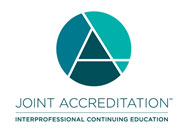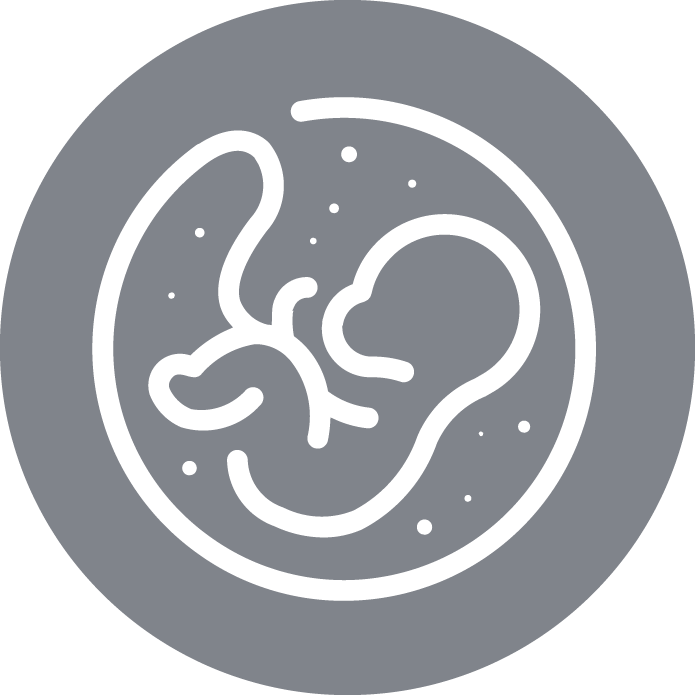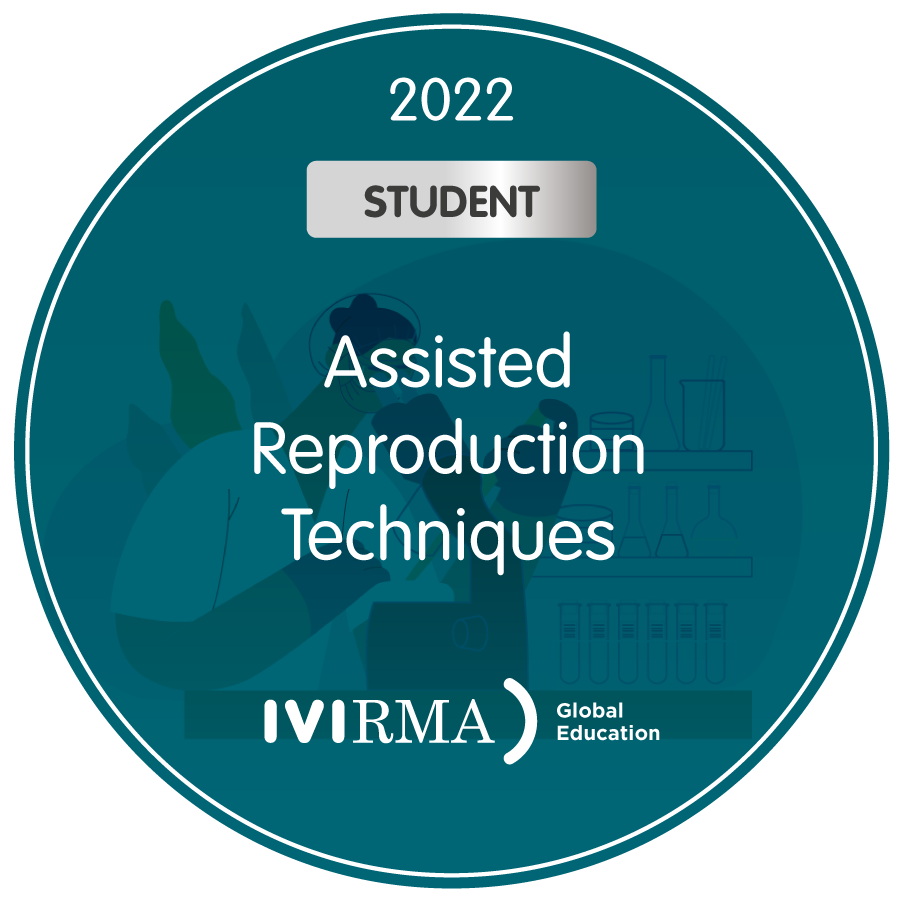Assisted Reproduction Techniques
MODALITY: Online
CENTER: IVIRMA Global Education
25 theoretical
IVIRMA Campus
460 USD
This online course is jointly accredited with Thomas Jefferson University Office of Continuing Professional Development
Intended for
Physicians and Other Healthcare Professionals
Description
Background
Management of infertility with assisted reproductive technology (ART) has changed substantially over the past ten to fifteen years due to the application of new technological advancements in this field and a better understanding of reproductive pathophysiology, particularly in female patients.
Thanks to this more in-depth and precise knowledge of gynecological endocrinology, new stimulation protocols have emerged, enabling fertility medicine practitioners to more easily adapt to patient-specific situations and minimize risks, resulting in an increased probability of having one healthy baby. Some tests, such as monogenic disease screening and preimplantation genetic testing (PGT), have also increased success rates. New technical advances have allowed oocytes in vitro maturation or oocyte/embryo vitrification to be achieved with a greater level of safety as well. In addition, embryos can be evaluated and selected in a more accurate way during in vitro fertilization (IVF) cycles thanks to the use of artificial intelligence.
Clinicians who treat patients with infertility can face several challenges, including selecting the appropriate treatment options for patients and managing complications that can arise from ART. Some treatment options, particularly those related to the incorporation of new ART techniques, are not well-known or well-understood within the community of OBGYN physicians and nurses. This educational program has been developed to provide an in-depth overview of the latest updates in ART.
Skills
- To identify the most appropriate ovarian stimulation or endometrial preparation regimen
- To select the cases in which a more precise evaluation or selection of gametes or embryos is indicated
- To maximize the chances of having a healthy live newborn
- To understand the application of genetics in assisted reproduction
- To prevent or treat ART side effects
Students info
In support of improving patient care, this activity has been planned and implemented by Thomas Jefferson University and IVIRMA Global Education. Thomas Jefferson University is jointly accredited by the Accreditation Council for Continuing Medical Education (ACCME), the Accreditation Council for Pharmacy Education (ACPE), and the American Nurses Credentialing Center (ANCC), to provide continuing education for the healthcare team.
Physicians: This educational activity is designated for a maximum of 25 AMA PRA Category 1 Credits TM. Physicians should only claim credit commensurate with the extent of their participation in the activity.
Other Healthcare Professionals: This educational activity is designated for 25 AMA PRA Category 1 Credit TM. Participants should claim only the credit commensurate with the extent of their participation in the activity.

Program
Assisted Reproduction Techniques
1.1 Preimplantation genetic testing (PGT)
1.2 Vitrification of oocytes and embryos
1.3 Oocyte in vitro maturation
1.4 Sperm selection in in vitro fertilization (IVF)
1.5 Artificial intelligence
1.6 Medications for ovarian stimulation
1.7 Annex. Schemes of stimulation protocols for IVF and endometrial preparation
1.8 New stimulation protocols
1.9 Preconception genetic compatibility test
1.10 Complications that can arise from assisted reproduction techniques




